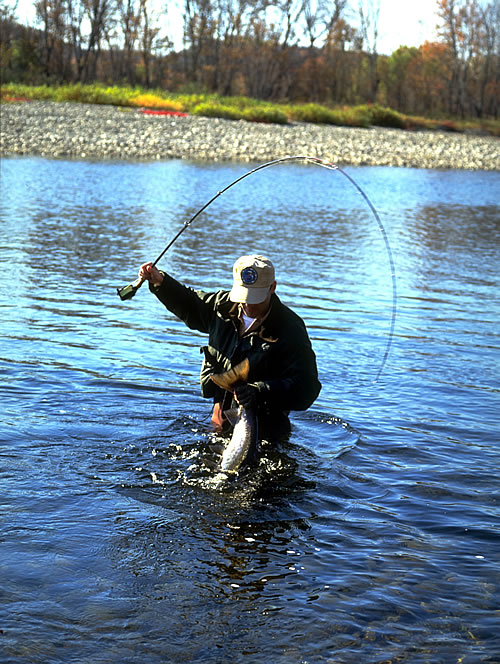

By the turn of the 20th century, a growing interest in commercial fishing across all Great Lakes (Huron, Ontario, Michigan, Erie, and Superior) led to the near-death of Atlantic salmon, lake trout, and ciscoes, with whitefish on a rapid decline. Unfortunately, years of overharvesting and strained ecosystems led to a rapid decline in fish populations in these lakes. It used to be that the fish for those occasions came from the state’s shorelines. It’s not a holiday, but it is a regular special occasion.” Presidential hopeful George McGovern shakes hands with a cook at a hall where a fish fry was being held in Milwaukee on March 31, 1972.Īs a definition for the uninitiated, Allen said a fish fry is simply an “end-of-the-work-week rite, in restaurants plain and simple to fancy, that brings people together to celebrate everyday life. Many immigrants who settled the state were also Catholic and wouldn’t eat meat on Fridays, a factor in the dish’s growth and popularity. Allen said when Indigenous communities and colonizers intermingled in a region “surrounded by and intertwined with waterways,” the settlers found preparing fish in mass to be a useful skill. The fish fry is predicated on Wisconsin “geography, religion, and history,” said Terese Allen, an expert on the state’s culinary history and a co-author of Flavor of Wisconsin: An Informal History of Food and Eating in the Badger State.Ĭooking fish for large groups predates settlers, with evidence of Indigenous fishing practices dating back thousands of years in the Great Lakes. Even the deepest depths of the lake system are starting to warm up and the average maximum ice cover on the Great Lakes has dropped over 20 percent in the last 50 years. Two Great Lakes - Michigan and Superior - touch Wisconsin’s shores and have experienced a steady rise in temperature since 1995. Commonly fried fish species like perch, lake trout, and whitefish have declined, causing Wisconsin restaurants to look beyond their own lakes for certain fish, or abandon some altogether. Wisconsin lakes are warming and becoming more hospitable to invasive species and extreme weather conditions thanks to a global rise in temperature, challenging the future of this statewide ritual. To support our nonprofit environmental journalism, please consider disabling your ad-blocker to allow ads on Grist.


 0 kommentar(er)
0 kommentar(er)
